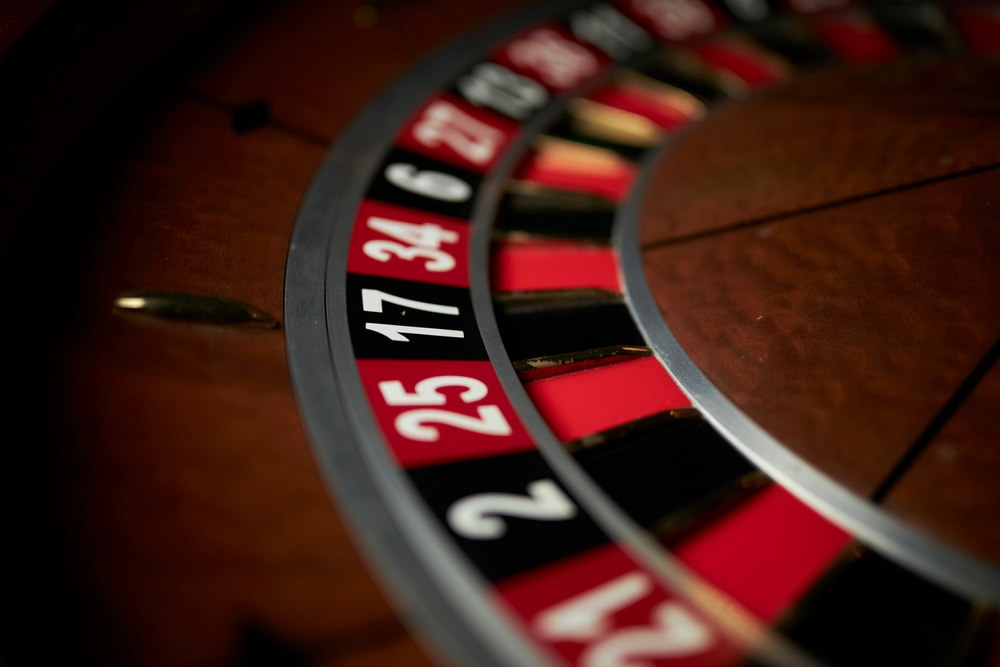

When it comes to luck, the human mind has an intriguing way of attributing meaning to random events. Whether we find ourselves knocking on wood, avoiding black cats, or carrying a lucky charm, superstitions and rituals play a significant role in shaping our perception of luck. In this article, we delve into the fascinating psychology behind these beliefs, exploring how they influence our behavior and decision-making in the realm of gambling.
1. The Illusion of Control
Superstitions and rituals often arise from the innate desire to have some control over unpredictable outcomes. By engaging in these practices, individuals create a sense of order and predictability in their lives. In gambling, where chance plays a vital role, these rituals provide a comforting illusion of control, boosting confidence and reducing anxiety.
2. Anchoring and Priming
One psychological phenomenon associated with superstitions is anchoring. It occurs when individuals place excessive importance on an event or object that may be unrelated to the outcome at hand. For example, a player might believe that wearing a specific color during a game will bring good luck despite its lack of any logical connection. Similarly, priming refers to how prior experiences or objects can influence our thoughts and behavior. Carrying a rabbit’s foot or wearing a lucky shirt before entering a casino can prime the mind with positive expectations.
3. Confirmation Bias
Confirmation bias is another psychological aspect that supports the development and perpetuation of superstitions. This cognitive bias skews our interpretation of events by selectively recalling and recognizing information that confirms our existing beliefs. Therefore, if a person believes that blowing on the dice or using a particular strategy brings good fortune, even a single occurrence of success will reinforce this conviction, whereas failures may be dismissed as mere anomalies.
4. The Comfort Zone
Superstitions and rituals often act as psychological comfort zones, providing a sense of familiarity and control in uncertain situations. These habits create a sense of continuity and predictability, alleviating stress and increasing confidence. While luck itself is random, the routine and familiarity of these rituals can enhance the overall gambling experience and improve the player’s state of mind.
5. Social Bonding and Belonging
In addition to the psychological benefits, superstitions and rituals can also foster social bonding and a sense of belonging within a gambling community. Sharing similar beliefs and practices within a group allows individuals to connect on a deeper level, creating a supportive network. These shared rituals not only strengthen social ties but also reinforce the collective belief in the power of luck, feeding into the overall casino experience.
In conclusion, while luck itself remains a mysterious force, superstitions and rituals provide a psychological anchor that gives individuals a sense of control, comfort, and social connection. Understanding the psychology behind these beliefs can help both players and online casinos appreciate the significance of these ritualistic practices, creating an enhanced gambling experience for all.






























